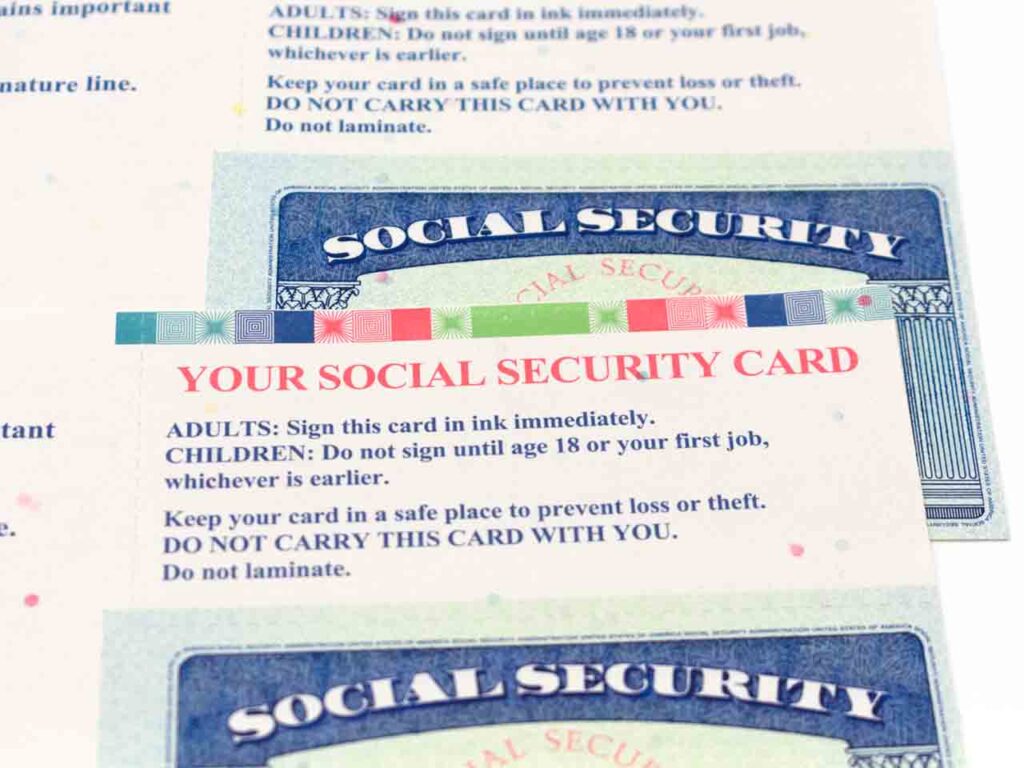Could you imagine a world where nations battle not with guns and bombs, but with codes and clicks?
That’s the world we live in today. Welcome to the era of cyber warfare – a virtual battleground where nations wage war in the shadows of the World Wide Web.

Stay One Step Ahead of Cyber Threats
But just as we’ve learned to prevent traditional wars, there are ways we can stop cyber wars before they even start.
The Growing Threat of Cyber Wars
The growth of the Internet has brought about a digital revolution, connecting us in ways we could never have imagined.
But with every new connection, a potential vulnerability is created. Nations are increasingly recognizing the power of these vulnerabilities and are using them to wage cyber wars.
The question is, how can we prevent these digital duels?
Communication Is Key
First and foremost, communication is key. Just as it is in any conflict, understanding the other side is crucial.
This is no different in the cyber realm.
Countries need to establish and maintain diplomatic channels of communication, especially for matters concerning cyber security.
A lack of communication could lead to misunderstandings, which can escalate into full-blown cyber wars.
Setting Ground Rules
Next, we need to set some ground rules. Just as there are conventions and treaties for traditional warfare, we need similar rules for cyber warfare.
The Geneva Convention may not cover DDOS attacks or ransomware, but we can create new treaties that do.
These digital pacts could outline what is and isn’t acceptable behavior in cyberspace, helping to prevent conflicts from escalating.
Sharing Information
Sharing information is also vital. Countries should share information about potential threats, vulnerabilities, and attacks with one another.
Not only does this foster trust, it also helps countries prepare for and defend against cyber attacks.
Sharing information about cyber threats can be a powerful tool in preventing cyber wars.
International Cooperation
International cooperation is another crucial factor.
Cyber attacks often cross national borders, so international cooperation is needed to track down and stop these attacks.
This could involve joint investigations, shared intelligence, and coordinated responses.
An attack on one is an attack on all in the digital world, and a united front can help deter potential cyber aggressors.
Education and Awareness
Education and awareness are the final pieces of the puzzle.
We need to educate everyone, from the public to politicians, about the risks and realities of cyber warfare.
Understanding the potential consequences can help us prevent them.
By making cyber security a priority, we can create a safer digital world for everyone.
Summary
In the end, preventing cyber war isn’t about building bigger firewalls or creating more complex codes.
It’s about communication, cooperation, and understanding.
It’s about recognizing that the digital world is an extension of our own and that the same principles that guide our interactions in the physical world should guide our actions in the virtual one.
After all, isn’t it better to send an email than a missile?
Remember, we’ve built this digital world together. It’s up to us to keep it safe.
So, let’s roll up our sleeves, turn on our computers, and start building a future free from the threat of cyber war. Who’s with me?
"Amateurs hack systems, professionals hack people."
-- Bruce Schneier, a renown computer security professional






